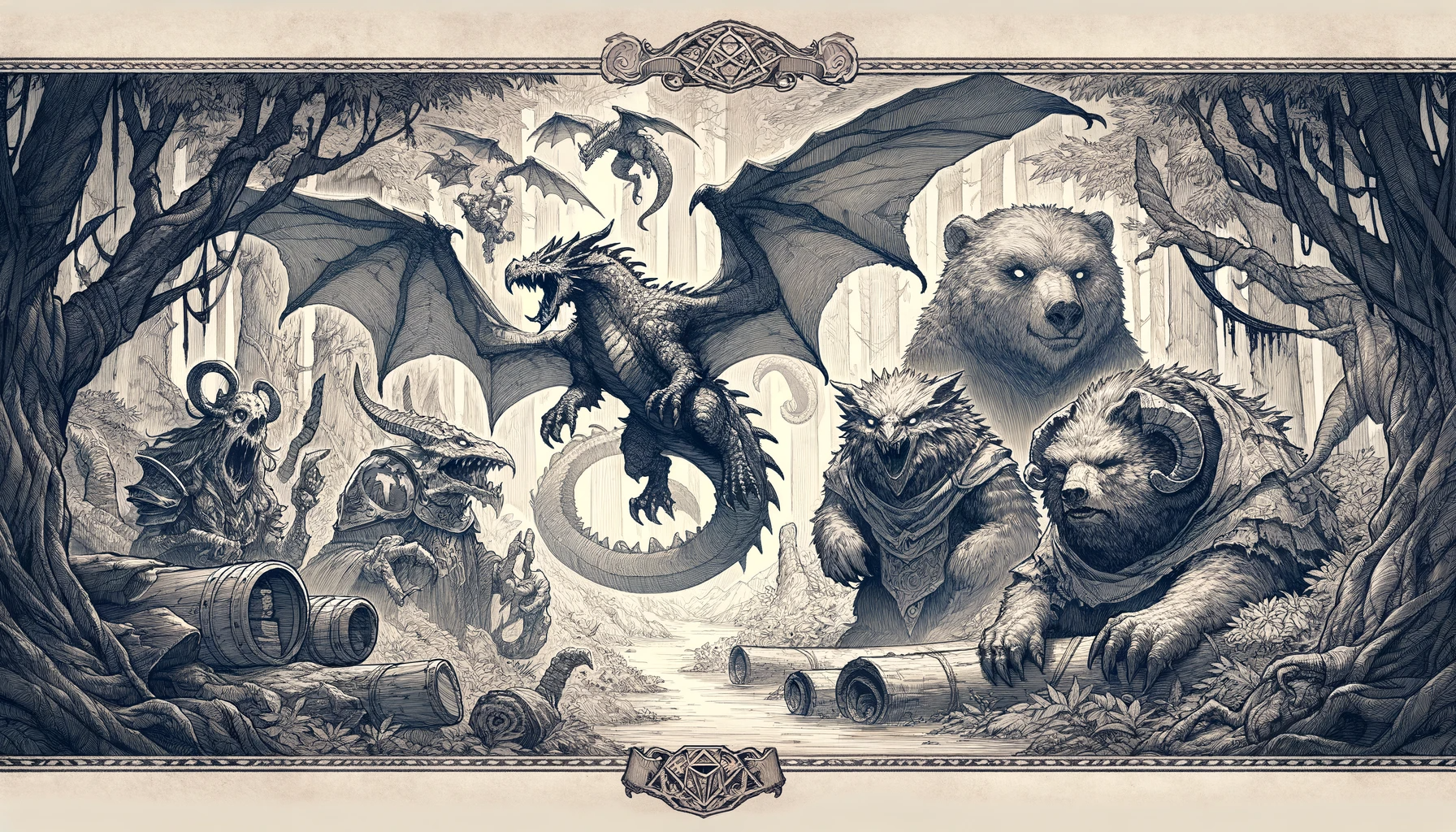Death Ward (AD&D 2E)
| Death Ward | |
|---|---|
| 9th Level Spell, Abjuration, Necromancy | |
Range: 0 Duration: Special Area of Effect: One doorway, portal, or small object |
Components: V, S, M Casting Time: 1 turn Saving Throw: Neg. |
| Description: By covering a doorway with the most forbidden and lethal of necromantic runes, a wizard can protect a small portal so that any creature that tries to pass through the warded area without first speaking a word of command is immediately subjected to a modified death spell. A death ward may also be cast on an item (usually a spell book or phylactery) or on a tunnel or cave entrance no larger than 30' feet in diameter. A single application of this spell can kill up to twice as many hit dice or levels of creatures as the wizard who cast the spell has levels of experience (thus a 20th-level wizard can slay up to 40 levels with a single death ward).
Each creature passing through the ward is entitled to a saving throw vs. death magic with a -4 penalty; if successful, the individual survives and the ward loses none of its lethality. However, those who fail their saves are immediately slain (as per a death spell) and their levels or hit dice are subtracted from the potency of the ward. Those with greater hit dice than the current power of the death ward are unaffected by the spell. For example, an I8th-level lich has cast the death ward (which can slay up to 36 levels) on the entrance to her inner sanctum. A party of four characters, each 15th level, enter her lair and foolishly traverse the warding. The first member fails his save and perishes, reducing the ward's effectiveness to 21 levels. The second character makes her save and thus escapes any ill effects (the ward remains unaffected, however). The third character fails the save and dies also, reducing the ward to 6 levels of potency. The fourth 15th-level character has too many levels of experience to be affected by the weakened ward, which remains in effect until drained by a less powerful being. Despite its lethality, this is not a subtle warding. The protected area or object is literally covered with intricate, arcane runes and symbols at the time of casting These glyphs may flash ominously with pale red or blue light when approached within 10 feet. The entire area radiates a magical aura of lethal necromancy. Provided that he or she is on the same plane of existence, the caster will be immediately aware if the death ward has been triggered. By concentrating, the wizard who cast the ward may determine its current level of lethality, regardless of distance. This terrible spell is a closely held secret, guarded jealously by the most powerful and black-hearted of necromancers and liches. It was originally designed by liches, as they can easily sustain the rigors of casting such a spell. Mortal wizards who employ this powerful spell have a 25% chance of going insane (as per the contact other plane spell), contracting permanent paralysis (via a stroke), or suffering from a terminal illness (as per the cause disease spell) as adjudicated by the DM. The danger of misfortune is reduced by 5% for every point by which the mortal wizard's Intelligence is above 18, though this modified chance never drops below 5%. Curiously, the mental stability afforded by lichdom makes these undying wizards completely immune to the dangers of employing this ward. It is similarly rumoured that certain ancient, evil dragons have developed an even more potent version of this spell, which they may employ in their lairs with impunity. The material component is a magical ink fabricated exclusively for this spell. The list of the ink's noxious ingredients is lengthy and complex, but it includes the venom of numerous poisonous animals and the acrid ichor of extraplanar fiends. Not surprisingly, the accumulation of these deadly components and the subsequent fabrication of the baneful ink itself sometimes results in tragedy for a mortal wizard, as mentioned previously. While the inscription process (the actual casting) of the death ward takes only 1 turn, the fabrication process of the ink (once the proper ingredients have been assembled) takes 1-4 days. The ink also requires the dust of powdered perdiots and garnets, worth between 2,000-8,000 gp. | |
| Source: DMGR7 - The Complete Book of Necromancers (TSR2151), Page 62 | |
